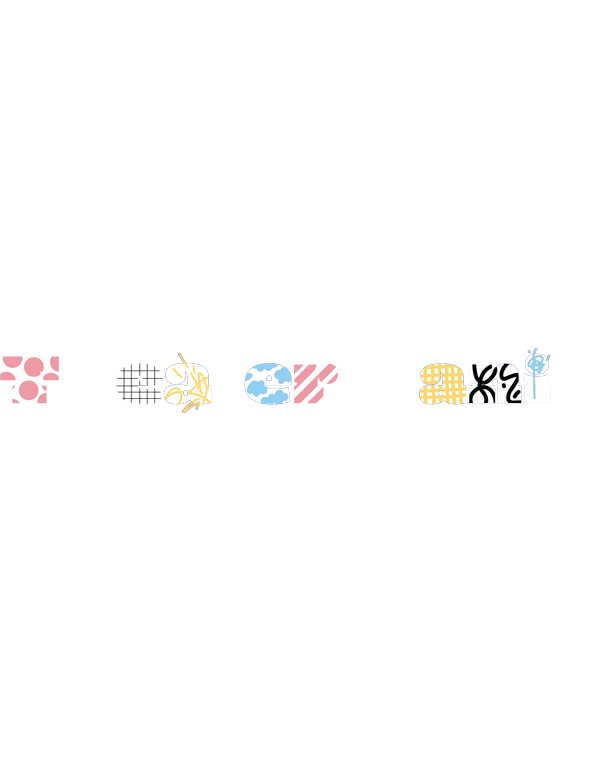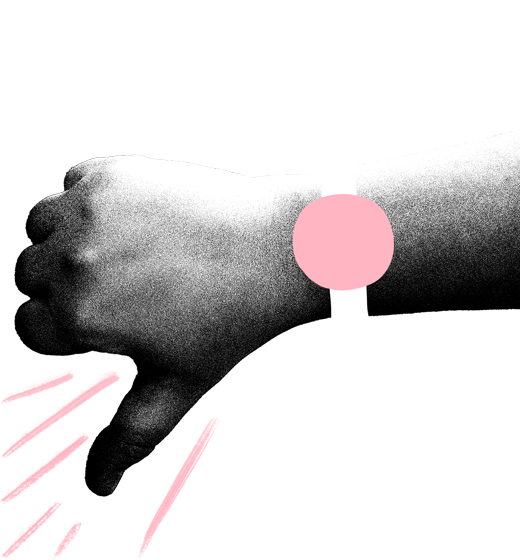
And Baby Makes Seven
Opening Night: March 11, 2014
Closing: April 12, 2014
Theater: New Ohio Theatre
And Baby Makes Seven follows the story of Anna and Ruth, a lesbian couple, who enlist their gay friend Peter to help them create a family. But are any of them ready for parenthood? Tensions rise as the three adults prepare for the imminent arrival of their baby—and matters are made all the more challenging by the persistence of the three imaginary children who already live with them. The lines between fantasy and reality, child and adult, love and madness crisscross through this hysterically funny and deeply touching play about what it means to be a family.
BUY TICKETSREAD THE REVIEWS:
March 23, 2014
Gay parents are no longer a controversial subject in America. Once network television started making sitcoms about households headed by same-sex couples, as a nation we broke a cultural barrier, never to be unbroken. Yet in 1984 when Paula Vogel first premiered And Baby Makes Seven, attitudes about LGBT people (not to mention the unthinkable prospect of gay parents) were very different; the play was met with much homophobic derision. Thirty years later, Purpleman Theater in association with New Ohio Theatre offers a revival of this tale of gay adults with overactive childlike imaginations on the precipice of parenthood that is unlikely to make anyone feel squeamish…with the possible exception of a few executives at the Human Rights Campaign.
READ THE REVIEWMarch 25, 2014
Times and social mores may change, but the sight and sound of grown-ups mimicking high-pitched children will never not get old. This is the main problem bedeviling Paula Vogel’s 1984 play, And Baby Makes Seven, which broached the topic of gay parenting a generation ahead of the curve. Ms. Vogel’s prescience has at times been credited for the play’s lack of success; her breakout work, The Baltimore Waltz, wouldn’t appear for another eight years. But the revival of And Baby Makes Seven at the New Ohio Theater, in partnership with Purpleman Theater, offers another reason: The central conceit is reductive, repetitive and extremely off-putting.
READ THE REVIEW























